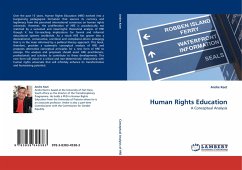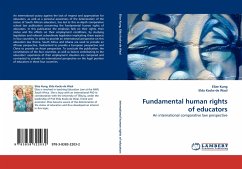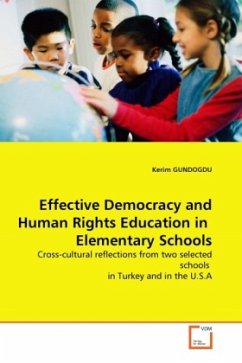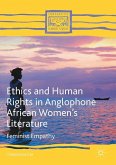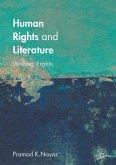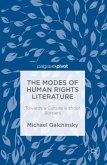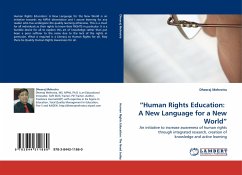Over the past 15 years, Human Rights Education (HRE) evolved into a burgeoning pedagogical formation that sources its currency and legitimacy from the perceived international consensus on human rights universals. However, the proliferation of HRE is paradoxically not matched by a sustained and meaningful theoretical analysis of HRE though it has far-reaching implications for formal and informal educational systems worldwide. As a result HRE has grown into a declarationist, conservative, uncritical and compliance-driven pedagogy that is in the main informed by a political literacy approach. This book, therefore, provides a systematic conceptual analysis of HRE and proposes alternative conceptual principles for a new form of HRE to emerge. The analysis and proposals should assist HRE practitioners, professionals and scholars to contribute to these developments. This new form will stand in a critical and non-deterministic relationship with human rights universals that will infinitely enhance its transformative and humanising potential.
Bitte wählen Sie Ihr Anliegen aus.
Rechnungen
Retourenschein anfordern
Bestellstatus
Storno

